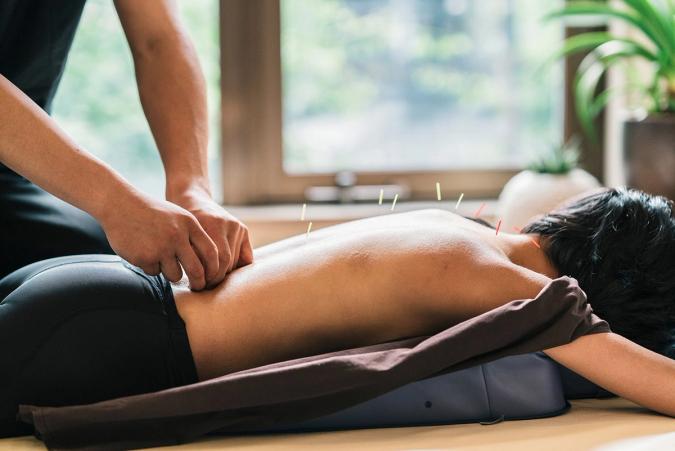question
is it possible to treat arthritis without medication?
Yes, it is possible to manage arthritis without relying solely on medication. While medication plays a crucial role in controlling symptoms and preventing joint damage, there are various non-pharmacological approaches that can complement medical treatment and improve your overall quality of life. Here are some strategies to help manage arthritis without medication:
-
Exercise: Regular physical activity is essential for managing arthritis. Exercise helps to strengthen the muscles around the joints, improve flexibility, and reduce pain. Low-impact activities such as walking, swimming, tai chi, and yoga are gentle on the joints and can be beneficial for arthritis patients. It is important to consult with a physiotherapist or exercise physiologist to develop a tailored exercise plan that suits your needs and abilities.
-
Weight Management: Maintaining a healthy weight is crucial for managing arthritis, especially for conditions like osteoarthritis. Excess weight puts additional stress on the joints, leading to increased pain and inflammation. By following a balanced diet and engaging in regular physical activity, you can achieve and maintain a healthy weight, reducing the burden on your joints.
-
Healthy Eating: A nutritious diet can help reduce inflammation and support overall joint health. Foods rich in omega-3 fatty acids, antioxidants, and anti-inflammatory properties, such as fruits, vegetables, fish, nuts, and seeds, can be beneficial for arthritis patients. Consult with a dietitian to create a meal plan that meets your nutritional needs and supports your joint health.
-
Pain Management Techniques: Various non-pharmacological pain management techniques can help alleviate arthritis symptoms. These include:
-
Heat and Cold Therapy: Applying heat or cold packs to the affected joints can help reduce pain and inflammation. Heat relaxes muscles and improves blood circulation, while cold numbs the painful area and reduces swelling.
-
Massage: Limited scientific studies suggest that massage therapy may temporarily improve pain and mobility in joints and muscles. It is essential to seek a qualified massage therapist experienced in working with arthritis patients.
-
Acupuncture: Acupuncture, an ancient Chinese practise involving the insertion of thin needles into specific points on the body, may help block pain signals. While results from studies are mixed, some individuals find acupuncture beneficial alongside conventional treatments.
-
Transcutaneous Electrical Nerve Stimulation (TEns): TEns machines deliver mild electric pulses to block pain messages from reaching the brain. This technique can be useful for long-term pain management, although it may not work for everyone.
-
-
Mind-Body Techniques: Practices such as relaxation, mindfulness, and stress management can help individuals cope with arthritis pain and improve their overall well-being. Techniques like deep breathing, guided imagery, progressive muscle relaxation, and mindfulness-based stress reduction can be beneficial. Working with a psychologist or attending self-management courses can help you learn these skills.
-
Joint Protection and Energy Conservation: Adopting habits that protect your joints and conserve energy can help reduce pain, stress, and tiredness. Simple strategies such as avoiding activities that cause pain, asking for help when needed, and using assistive devices can make daily tasks easier and more manageable.
-
Allied Health Professionals: Collaborating with allied health professionals such as physiotherapists, occupational therapists, podiatrists, and hand specialists can provide additional techniques for arthritis pain management. These professionals can offer tailored exercises, joint protection strategies, and lifestyle modifications to support your arthritis management plan.
By incorporating these non-pharmacological approaches into your arthritis management plan, you can enhance the effectiveness of medication, reduce pain and inflammation, improve joint function, and maintain a better quality of life. It is essential to work closely with your healthcare team to develop a comprehensive treatment strategy that addresses your individual needs and preferences. Remember that what works for one person may not work for another, so it may require some trial and error to find the most effective combination of treatments for your arthritis.
This information is not a substitute for professional medical advice, diagnosis or treatment. Always consult a registered healthcare professional about matters that affect your health. Clara uses artificial intelligence to generate general information for personal educational purposes only, not intended to be a management plan and it may contain errors, inaccuracies or may oversimplify concepts.








